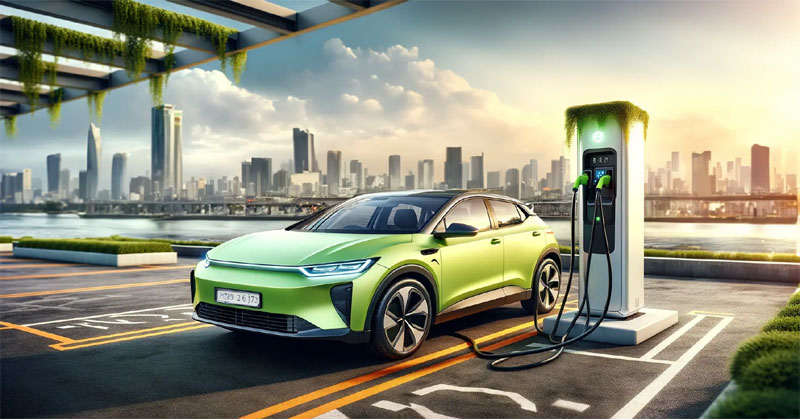The future of electric vehicle (EV) charging is rapidly evolving, with advancements in fast-charging technologies poised to revolutionize the driving experience. As EV adoption accelerates globally, faster, more efficient charging solutions are crucial to address the growing demand for long-distance travel and reduce charging times.
One key development is the introduction of ultra-fast charging stations capable of delivering up to 350 kW of power, drastically reducing charging time to as little as 15-30 minutes for an 80% charge. These stations are being deployed along major highways, making long trips more feasible for EV owners. The development of the megawatt charging standard is also on the horizon, offering even higher charging rates to support the next generation of electric trucks and large passenger vehicles.
Battery technology improvements are a significant factor in enhancing fast-charging capabilities. Solid-state batteries, which promise higher energy density, faster charging speeds, and improved safety, could be key to reducing charging times while extending battery lifespan. Researchers are also working on innovations like silicon anode batteries and lithium-sulfur batteries, which may offer breakthroughs in energy storage and fast-charging performance.
Another exciting advancement is the integration of vehicle-to-grid (V2G) technology. V2G allows EVs to return power to the grid during peak demand times, creating a more flexible and resilient energy system. As EVs become mobile energy storage units, fast-charging stations may incorporate bidirectional charging, further contributing to grid stability and reducing costs.
The future of EV charging also includes the expansion of charging networks, enhanced user experience, and seamless payment solutions. With the rise of smart grids and AI-driven charging infrastructure, EV owners will experience efficient, personalized charging options. As these innovations unfold, the dream of a fast, ubiquitous, and sustainable charging network for all types of electric vehicles is becoming an increasingly tangible reality.

